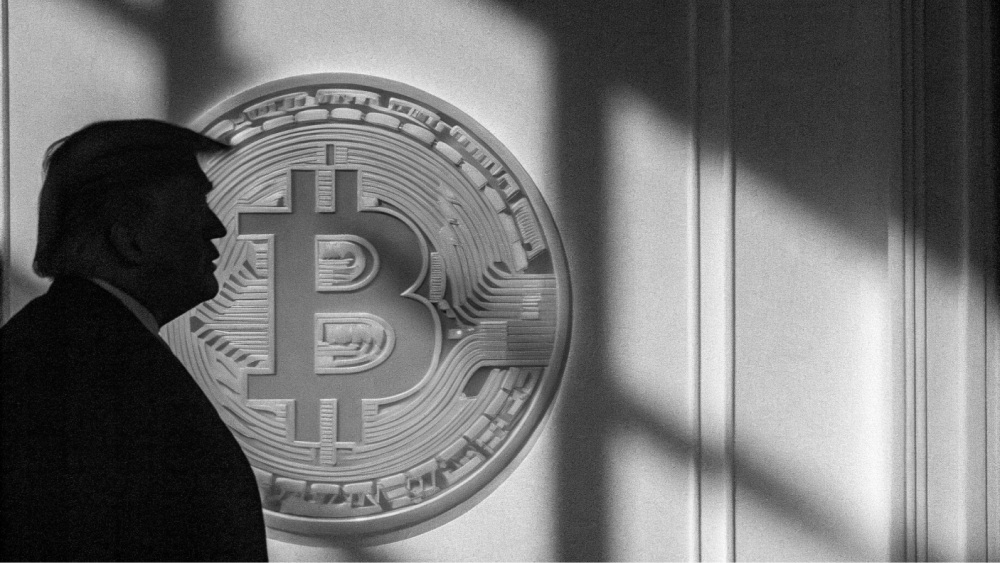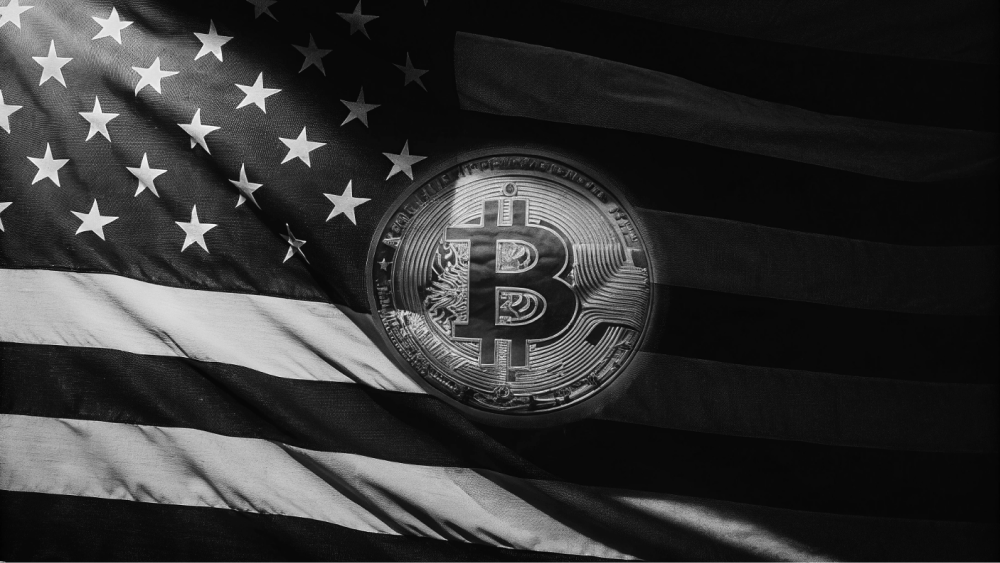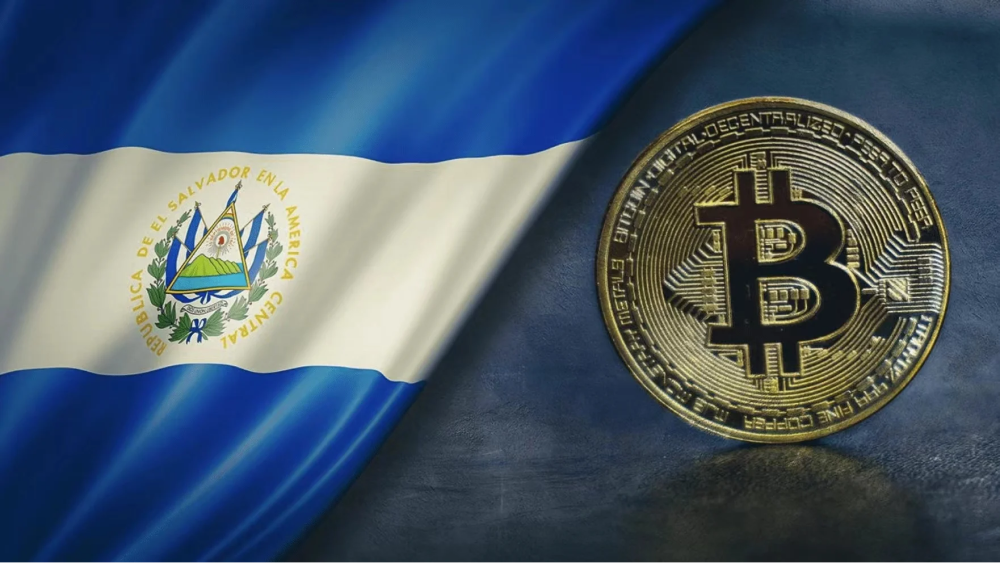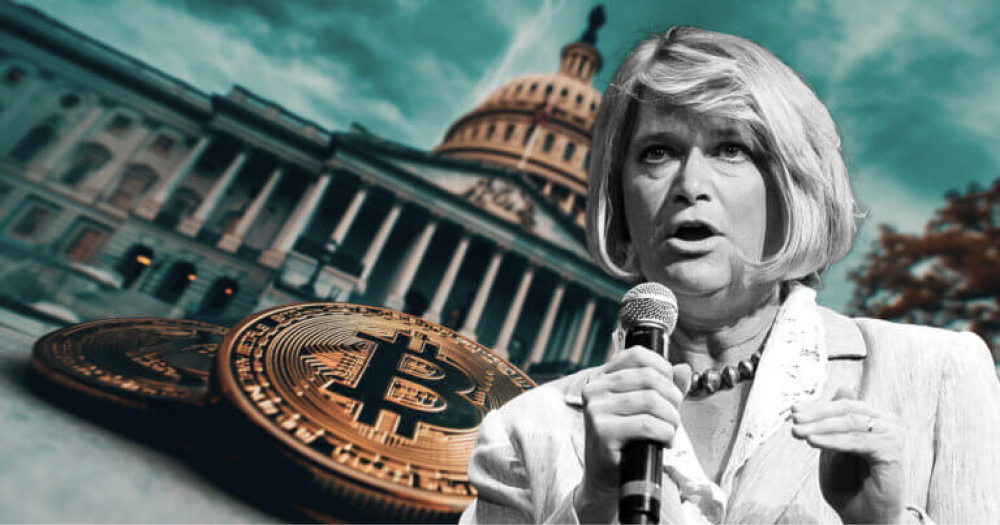Today is the seventh day of the Lunar New Year, commonly known as "Renri," symbolizing the renewal of all things and the flourishing of life. On this day, which represents the birth and vigorous development of humanity, the world's attention is focused on a topic closely related to the future economic lifeline—the possibility of a U.S. Bitcoin strategic reserve. Just as the wishes and plans during the Spring Festival carry hopes for the coming year's development, if the U.S. can take the lead in positioning Bitcoin as "digital gold," it may press the accelerator for the next round of global economic transformation. In this hopeful new spring, let us start from the wealth symbolism of the Spring Festival to explore the bold gamble and potential insights behind the Bitcoin reserve plan.
Bitcoin, once regarded as a "nerd's toy," is gradually moving towards the mainstream financial market. The question of whether the U.S. should establish a Bitcoin strategic reserve has been brought to the forefront under Trump's push. Although the plan faces numerous challenges and doubts, it is undeniable that this could be a strategic move for the U.S. to bet on the future in the global economy.

Background and Significance of the Bitcoin Strategic Reserve
As a form of "digital gold," Bitcoin is increasingly viewed by investors and countries as a hedge against inflation. Its total supply is capped at 21 million coins, and its scarcity and decentralized nature make it a new type of value storage tool beyond gold. With the increase in global economic uncertainty, cryptocurrencies are gradually integrating into the mainstream financial system, and some countries have begun to experiment with incorporating Bitcoin into their reserve assets.
In 2024, U.S. President Trump proposed the idea of establishing a Bitcoin strategic reserve, believing it could enhance the dollar's status, combat inflation, and help the U.S. gain an advantage in the global Bitcoin market. Republican Senator Cynthia Lummis also introduced a bill envisioning that the U.S. Treasury would purchase 200,000 Bitcoins annually over five years, ultimately reaching a reserve of 1 million coins, accounting for about 5% of the total global Bitcoin supply.
According to the latest reports from Chainalysis and Glassnode, the U.S. government has currently seized approximately 200,000 Bitcoins from criminals, valued at around $21 billion. This provides a preliminary foundation for the U.S. to initiate a strategic reserve plan.

Where Will the Funding Come From?
To implement the Bitcoin reserve plan, the U.S. government needs to clarify the sources of funding. Here are several potential options:
1. Foreign Exchange Stabilization Fund: The Government's Secret Weapon
The U.S. Treasury's Exchange Stabilization Fund (ESF) has over $200 billion in assets, typically used to stabilize the dollar's exchange rate and support international currency flows. Trump proposed using this fund to purchase Bitcoin through an executive order, providing feasibility for the reserve plan.
2. Issuing New Debt: A High-Risk Attempt
The government could raise funds by issuing new debt, but this option requires Congressional approval and may face political resistance. Given the current frequent issues with the debt ceiling, implementing this option is quite challenging.
3. Exchanging Gold for Bitcoin: A Fusion of Old and New Eras
Selling part of the gold reserves in exchange for Bitcoin is another option. However, this could lead to significant volatility in the global gold market, affecting international financial stability.
4. Digital Currency: Creating Wealth from Nothing
By issuing a state-led digital currency (CBDC), the government could gradually incorporate Bitcoin into the treasury while avoiding shocks to existing market prices.
5. Market-Oriented Operations: Establishing a MicroStrategy-like Company
Establishing a government-controlled company to purchase Bitcoin through bonds or other capital market instruments, similar to MicroStrategy's business model. This option could achieve market-oriented operations for government reserves.
Global Perspective: Exploration by Other Countries
Currently, El Salvador is the only country that has adopted Bitcoin as legal tender and established its own Bitcoin reserves. Other countries, such as Switzerland, hold Bitcoin indirectly through government funds or private investment funds. Although these attempts are on a smaller scale, they reflect the gradual acceptance of cryptocurrencies worldwide.
According to IMF data, over 20 countries are exploring the incorporation of crypto assets into their financial systems, including issuing sovereign digital currencies and adjusting foreign exchange reserve structures. This provides international contextual support for the U.S. to establish a Bitcoin strategic reserve.

Blueprint for Implementing the Reserve Plan
Senator Cynthia Lummis's specific proposal is currently the most detailed Bitcoin reserve plan. According to the proposal, the U.S. Treasury would purchase 200,000 Bitcoins annually over five years until the reserve reaches 1 million coins. This bill still requires Congressional approval, and its feasibility is still under discussion.
Meanwhile, some state governments have begun exploring their own Bitcoin reserve plans. For example, Texas has authorized its Treasury to allocate part of its assets to Bitcoin. This indicates that, although progress at the federal level is slow, state governments may take the lead.

Challenges and Risks: The Wild Journey of Bitcoin
Despite the attention on Bitcoin's potential, its role as a strategic reserve faces multiple challenges:
- Price Volatility: Bitcoin's high volatility could lead to significant floating risks for reserve assets.
- Cybersecurity: Cryptocurrency wallets are vulnerable to hacking, which could threaten the security of reserve assets.
- Market Liquidity: Large-scale purchases or sales of Bitcoin could significantly impact market prices.
- Geopolitical Risks: Some countries may adjust their economic or technological policies due to the Bitcoin strategic reserve plan.
Trump's Bitcoin strategic reserve plan brings new imaginative space to the global cryptocurrency market, but its implementation path and effects remain full of uncertainty. As the Spring Festival holiday comes to an end, the transition from old to new endows this discussion with new significance. In the future, the U.S. may gradually refine this plan through collaboration between federal and state governments, injecting more innovative momentum into economic growth. If successful, the Bitcoin strategic reserve could not only reshape the U.S. financial landscape but also potentially lead the world into a new digital era. The advancement of this plan undoubtedly adds infinite possibilities to the "new spring start" of the global economy.
The above content does not constitute investment advice.
If you have any questions, you can contact us through the following official channels:
AiCoin Official Website: www.aicoin.com
Telegram: t.me/aicoincn
Twitter: x.com/AICoincom
Email: support@aicoin.com
Group Chat: Customer Service Yingying、Customer Service KK
免责声明:本文章仅代表作者个人观点,不代表本平台的立场和观点。本文章仅供信息分享,不构成对任何人的任何投资建议。用户与作者之间的任何争议,与本平台无关。如网页中刊载的文章或图片涉及侵权,请提供相关的权利证明和身份证明发送邮件到support@aicoin.com,本平台相关工作人员将会进行核查。




